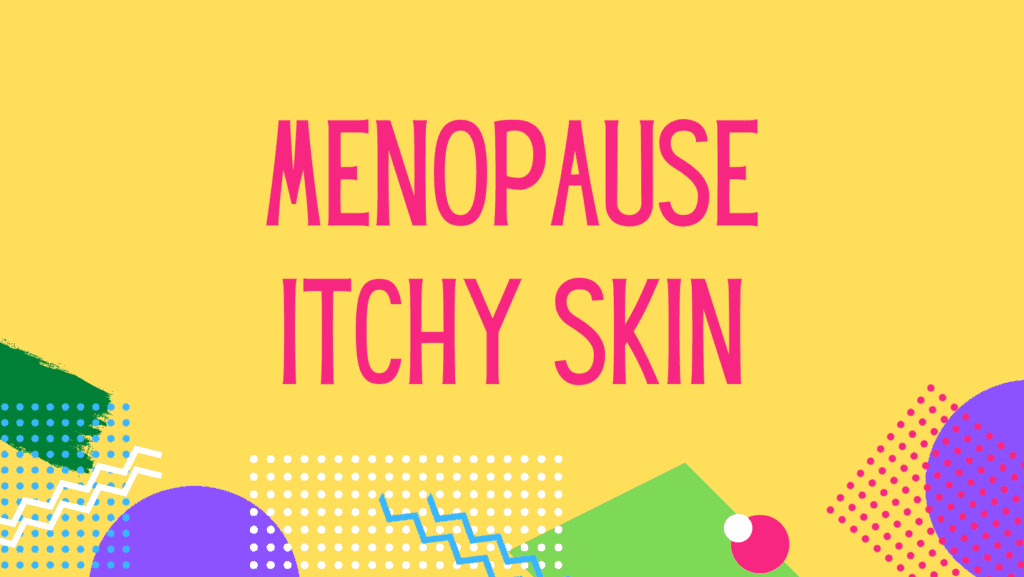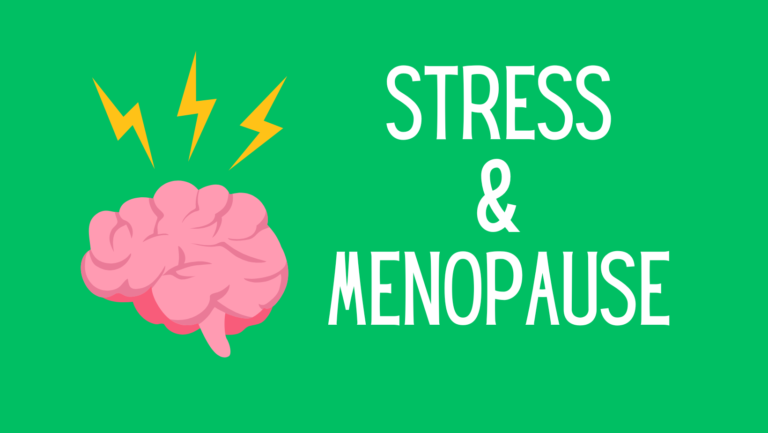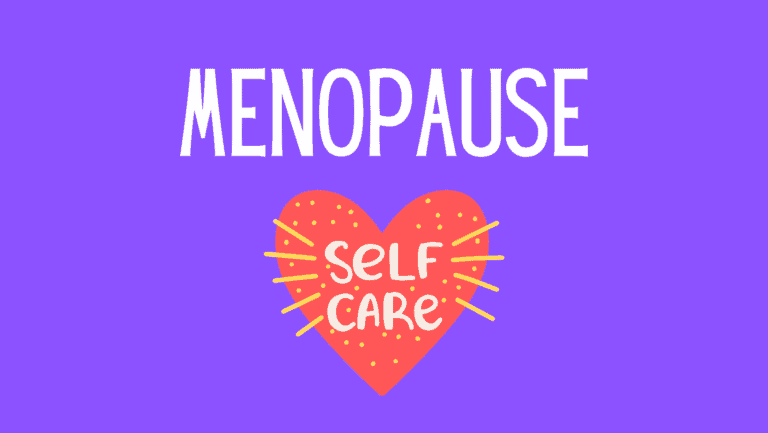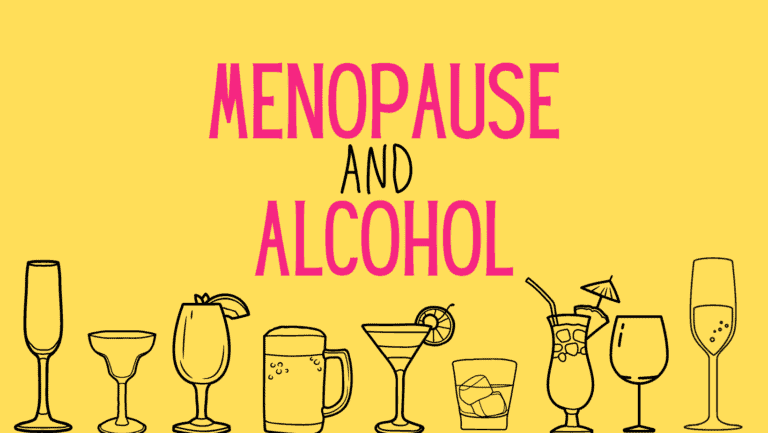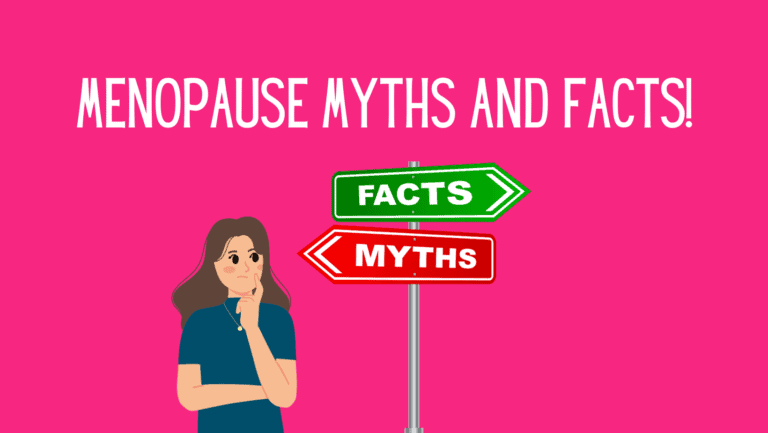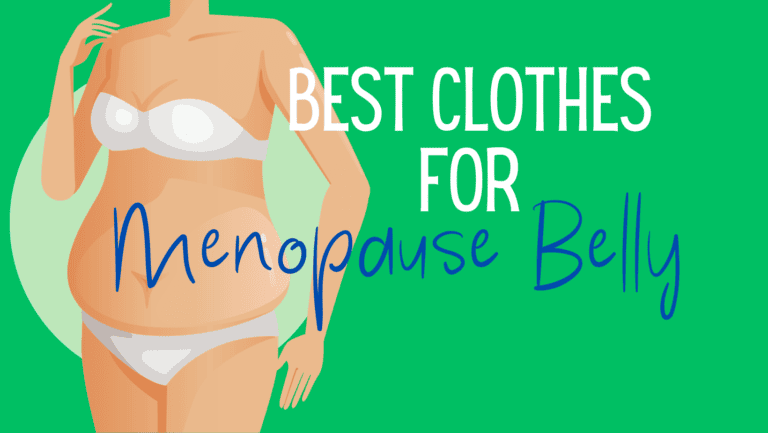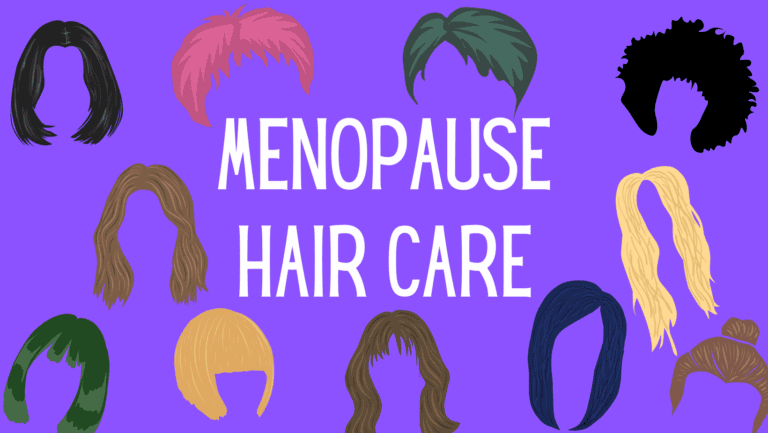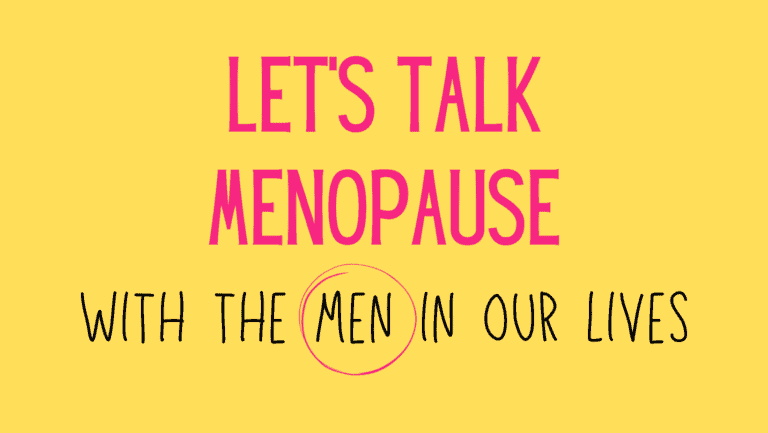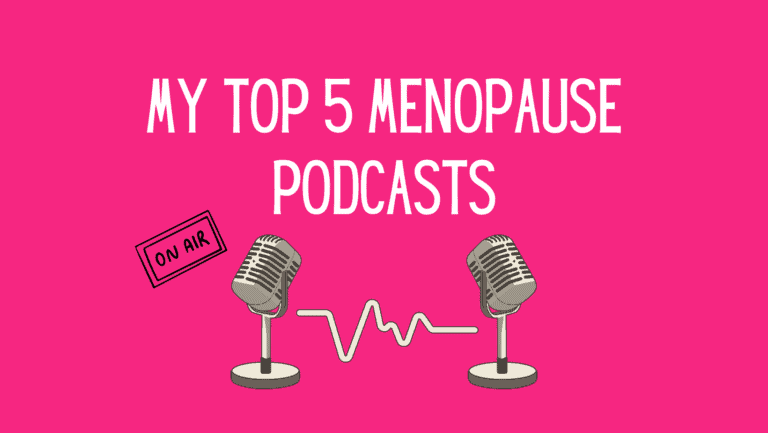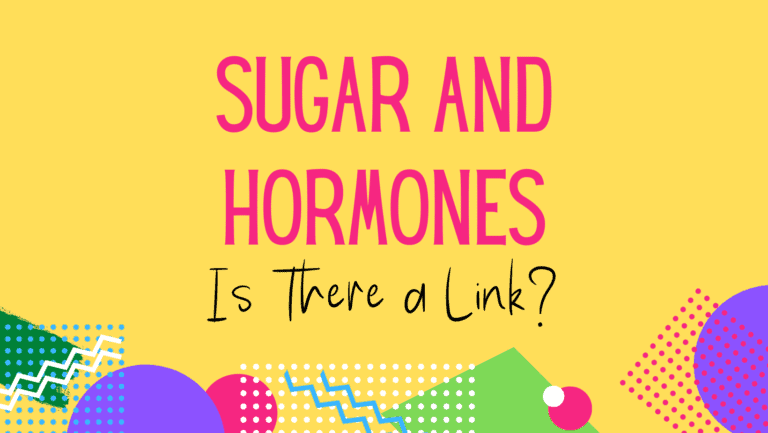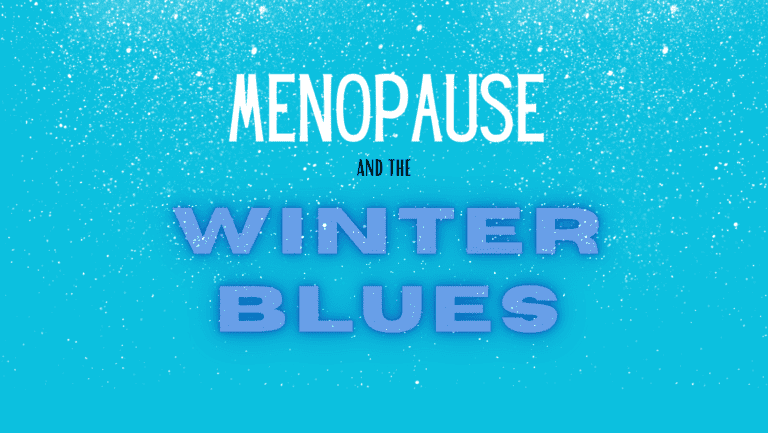Having menopause itchy skin is a lot more common than women realise.
I had no idea that itchy skin could ever be related to perimenopause or menopause. There are many symptoms of menopause that I would never have linked to my hormones.
What Causes Itchy Skin During Menopause?
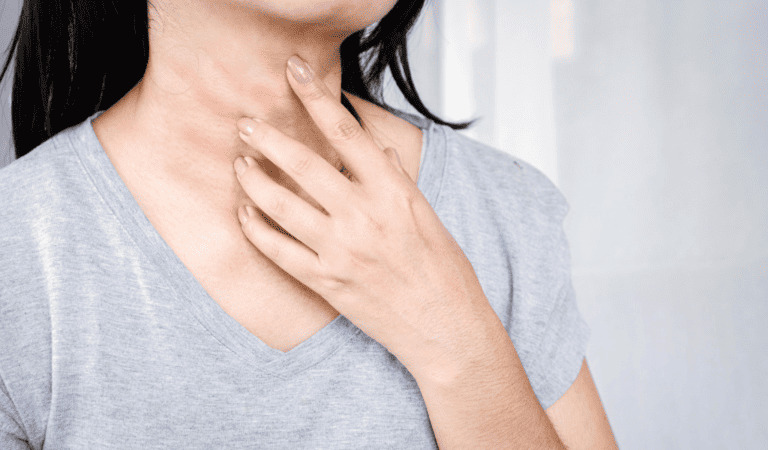
When we enter perimenopause our estrogen levels decline and with that my lovely ladies, comes a host of symptoms.
These symptoms can continue long into menopause and sometimes they can last a while in post-menopause.
Estrogen plays a vital part in keeping our skin healthy. It helps to produce the right amount of natural oils for our skin, keeping it supple, smooth and itch-free.
So it makes sense that as these levels dip we notice dry skin, prickly skin, vaginal itching, vaginal dryness, irritated skin and other skin sensations.
What Does Menopause Itching Feel Like?
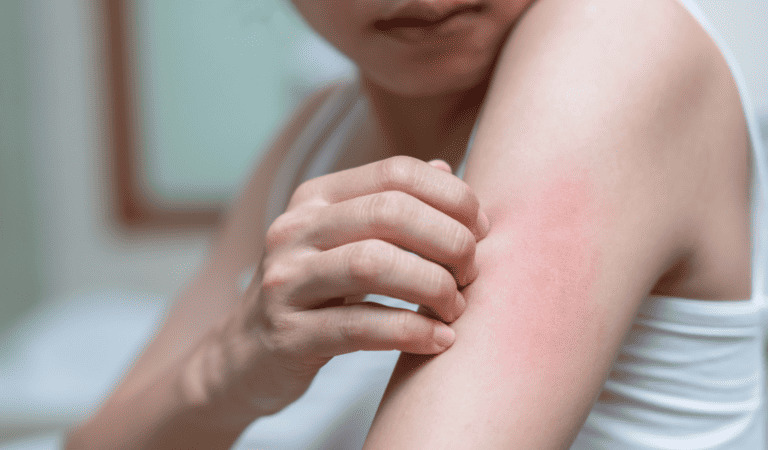
The medical term for skin itching is pruritus.
Paresthesia is another term which covers skin conditions like tingling, numbness and prickly skin.
Women who struggle with itchy skin during menopause find that their whole body can itch, including the vagina. Grrrrrreat!
The most common areas to itch will be the scalp, vagina, eyes and under the arms.
My experience with itching was my scalp, it was SO dry and flaky. I had never had an itchy scalp before but it would drive me mad.
I tried everything to retain moisture on my scalp but it dried out no matter what I did.
There is another type of itching that comes up time and time again and it is called formication. Formication is a sensation of insects crawling under your skin and it can drive you crazy.
It’s hard to believe that even though itchy skin is a common symptom of menopause and perimenopause, no one really talks about it.
What Can I Do To Prevent Menopause Itching?
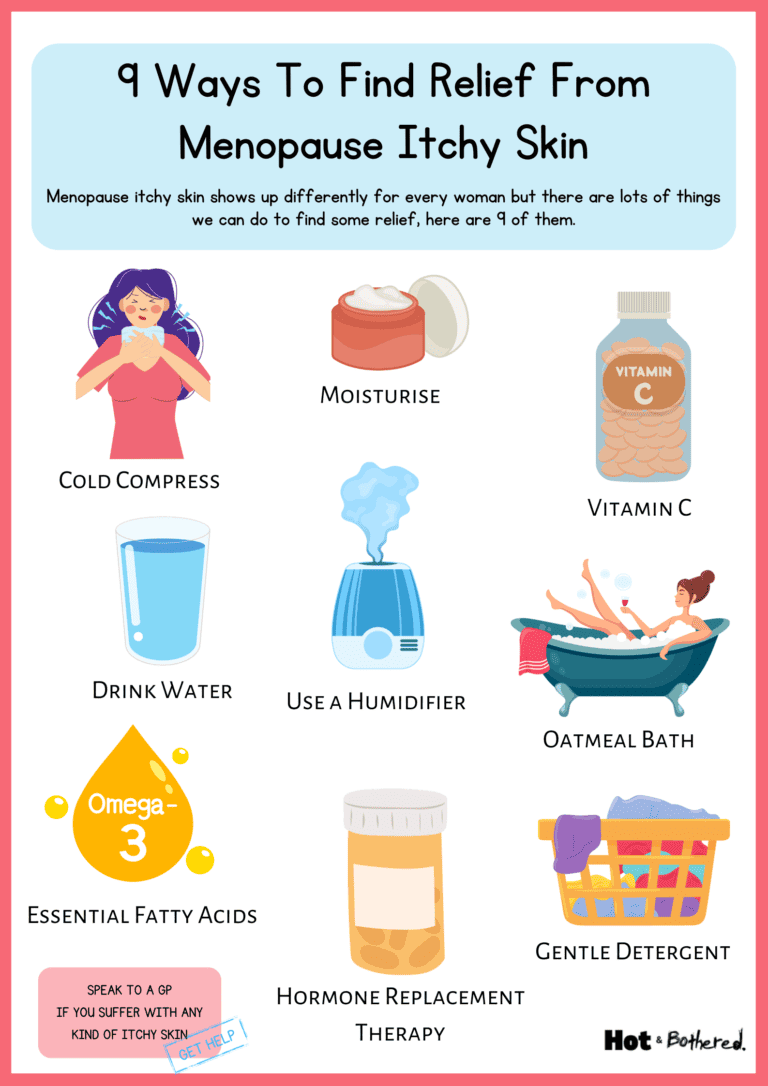
There are ways to treat or prevent itchy skin and I have listed a few below for you:
Cold Compress
Using a cold compress against areas which are itchy can really help.
Press a cool compress, ice pack wrapped in a towel or wet cloth on the itchy areas for 5-10. This may not completely stop the itching but it can really help.
Moisturise
Keeping your skin hydrated is going to do wonders for itchy dry skin.
There are lots of products out there to help, such as aloe vera gel, natural oils like coconut and calamine lotion is a good one to try.
It is important to try not to buy anything with harsh chemicals in it, this will make things worse without fail!
High quality moisturisers are great, but you might find your new sensitive skin might react like it never did before with your fave products.
Oatmeal Bath
Here me out.
I have never done this, mainly because other things have worked, but oatmeal baths are meant to be so good for itchy skin.
How this works is that you buy some colloidal oatmeal (finely ground oats) and pop it in a warm bath.
When this oatmeal is in warm water it allows the skin to absorb the cellulose and fibre which will do wonders for that itch.
A couple of things to note:
You can buy this stuff relatively easily but you need to make sure you do not put it in a hot bath, needs to be warm. Hot water is only going to make the itching worse.
Vitamin C
Us gals know a thing or too about Vitamin C but not about how it can help with itchy skin.
There is a theory and a very small study, which shows that Vitamin C can affect your histamine levels, and we know histamine can make us itch.
With this in mind then, taking Vitamin C, should theoretically reduce itching. I have no idea if this definitely works, but I will happily take a tablet and find out!
Moisturise the Air…
Winter is Coming (when I wrote this anyway)
As the cold weather hits our skin dries out so quickly which makes skin hydration a worry.
Pop on a humidifier on those winter days where the heating has been on full whack to keep your skin happy.
Eat Fat
I mean eating essential fatty acids such as salmon, olive oil, nuts, and eggs.
I often hate writing about this, Not all of us can afford salmon, olive oil and nuts at the moment (how expensive are nuts by the way) so I have a few other ways to sneak it in…
Sardine and tuna – a good alternative to salmon
Sunflower oil – nowadays a good alternative to olive oil
Peanut butter and oatmeal – cheaper than regular nuts, full of Omega-3
Broccoli and Cauliflower – are good sources of ALA, one form of fatty acids.
These are just a few different options so you don’t think olive oil and salmon are the gold standard of essential fatty acids.
Drink Water
This might sound daft but you can really make a difference to your skin health simply by making sure you drink plenty of water.
Again, winter is coming, and I know that we don’t love drinking water in winter, but this is when our skin really needs it.
Also, the more water we drink, the less pronounced our wrinkles are. WIN!
Hormone Replacement Therapy
Not everyone can take HRT, and a lot of women don’t want to, but if you are open to it HRT can really help.
My itchy scalp and itching arms got a lot better after I started taking HRT. I must admit I can no longer dye my own hair anymore without my head burning, but the itch is gone.
To be really honest 95% of my perimenopause symptoms went away within a couple of weeks of taking HRT.
If this is something you might want to try, talk to a GP (one who really knows about menopause) or a menopause specialist.
Gentle Detergent
Laundry detergent should be gentle on your skin.
If you can afford, it make sure you opt for a high-quality, gentle formula.
Your skin changes a lot during this new phase of your life, so don’t be surprised if your old favourite detergent now drives your skin mad.
Whilst I am at it, steer clear of synthetic fibres as much as you can, opt for cottons and breathable fabrics to keep your skin feeling calm.
Does Menopause Itching Go Away?
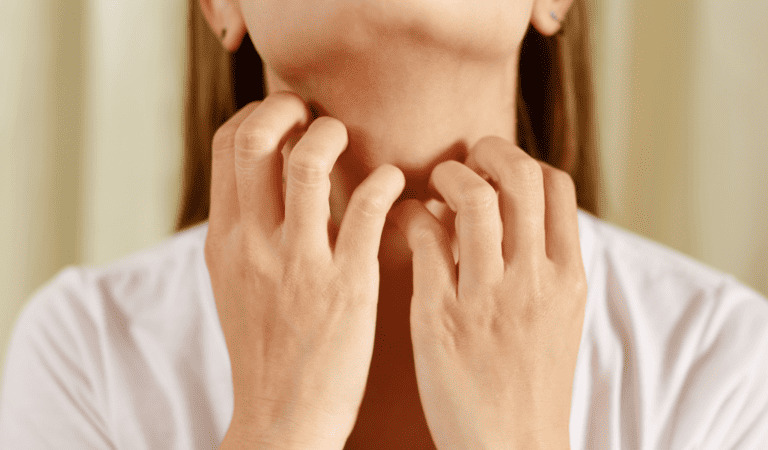
The good news is that itching should not follow you into postmenopause.
By the time our estrogen has declined and levelled out, our menopause symptoms should start to subside.
If you try all the tops above you should definitely find relief, but it may but a while until your skin feels back to normal fully.
If you feel itchy to the point it is driving you insane, please go and speak to a GP. There may be other things at play and it is ALWAYS best to get checked out.
Kathryn x
Resouces:
Medical News Today: Itchy skin
Dr Stephanie Goodwin: Itchy Skin
Menopause Centre: Itchy Skin
Greatist: Vitamin C
Table of Contents
Disclaimer: I am not a medical professional, herbal or physical therapist, and I am not educated in the menopause space. All opinions expressed on this blog are my own and should not be taken as medical advice. This blog is intended to share my personal experiences and insights, and should not be used as a substitute for professional advice. Please consult a qualified medical professional, herbal or physical therapist for any health-related concerns. Additionally, I strive to keep things light and entertaining, but please keep in mind that the topics discussed on this blog may be sensitive or triggering for some readers.
Get Your Free Perimenopause Symptom Checker
Thank you!
Your symptom checker is on its way to you!
